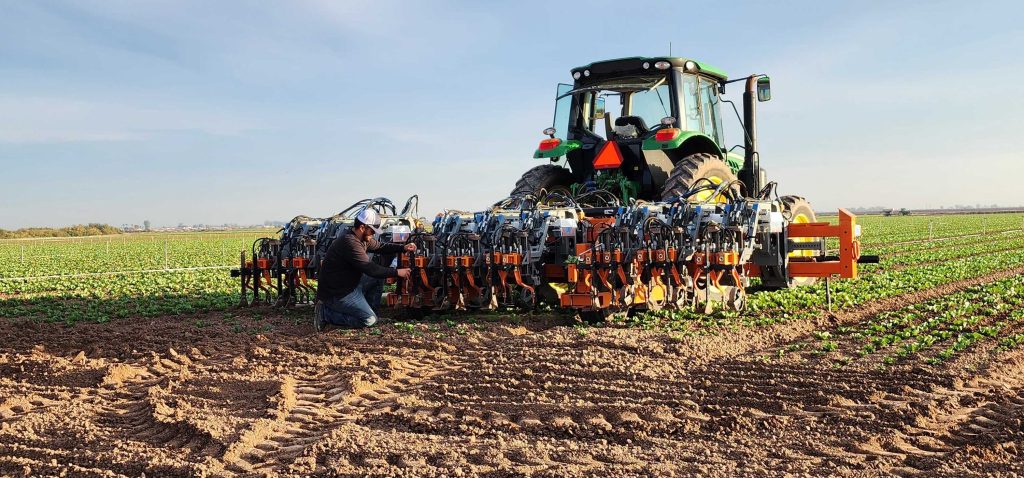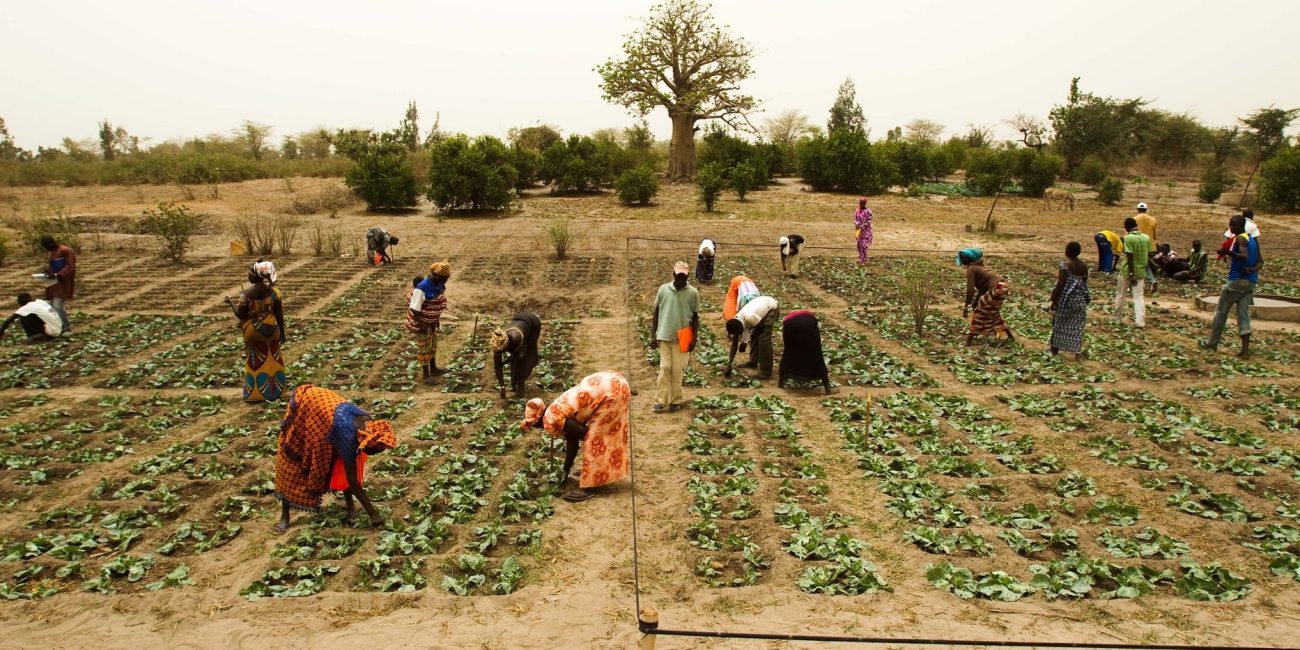Agriculture can be referred to as the production, processing, promotion and distribution of agricultural products. In any nation, the Agriculture sector plays a critical role in the entire life of a given economy, thus deemed as the backbone of the economic system of a given country. In explaining the success of the agriculture sector, you cannot set aside an Agribusiness concept, which is the business of agricultural production.
The term was coined in 1957 by Goldberg and Davis. It includes agrichemicals, breeding, crop production (farming and contract farming), distribution, farm machinery, processing, and seed supply, as well as marketing and retail sales. All agents of the food and fibre value chain and those institutions that influence it are part of the agribusiness system.
Essentially, “agribusiness” is used simply as a portmanteau of agriculture and business within the agriculture industry, referring to the range of activities and disciplines encompassed by modern food production.
Also read Transforming Agriculture: Strategies for Addressing Food Production Crisis in East Africa.
Below are some of the areas in agriculture that contribute to developing other sectors in Tanzania:
The primary source of livelihood for many people is agriculture. Agriculture is the main contributor to employment in Tanzania, accounting for 66.6% of jobs. This high percentage in agriculture results from the lack of development of non-agricultural activities to absorb the fast-growing population. However, most people in developed countries do not engage in agriculture.
Agriculture is the primary source of national income for most developing countries. GDP from Agriculture in Tanzania decreased to 6640612.21 TZS Million in the third quarter of 2023 from 9074215.29 TZS Million in the second quarter of 2023. However, for developed countries, agriculture contributes a smaller percentage to their national income.
The agricultural sector provides fodder for domesticated animals such as Cows, Goats, etc. Such animals benefit people; for example, Cows and Goats provide people with milk, a form of protective food. Moreover, livestock also meets people’s nutritional requirements.
Agricultural products like sugar, tea, rice, spices, tobacco, coffee, etc., constitute the major exports of countries that rely on agriculture. If agriculture has a smooth development practice, imports are reduced while exports increase considerably. This helps reduce countries’ unfavourable balance of payments and save foreign exchange. This amount may be well used to import other essential inputs, machinery, raw materials, and other infrastructure that is helpful for the support of the country’s economic development.
The growth of the agricultural sector contributes to marketable surplus. As the nation develops, many people engage in manufacturing, mining, and other non-agricultural industries. All these individuals rely on food production that they might meet from the nation’s marketable surplus. As agricultural sector development takes place, production increases, leading to the expansion of marketable surplus. This may be exported to other countries.
Agriculture is the primary source of raw materials for major industries, such as cotton and jute fabric, sugar, tobacco, and edible and non-edible oils. In Tanzania, the agriculture sector contributes approximately 65% of industrial raw materials [URT/MoA, 2017]. Moreover, many other industries, such as processing fruits, vegetables, and rice husking, get their raw material mainly from agriculture.
Bulks of agricultural products are transported by railways and roadways from farms to factories. Internal trade is mostly in agricultural products. Moreover, the government’s revenue, to a more significant extent, relies on the success of the farming sector.
The nation’s export trade depends mainly on the agricultural sector. For example, in Tanzania, agricultural commodities contribute approximately 30% of export earnings [URT/MoA, 2017]. Farm products are essential for earning a country’s foreign exchange.
Read related: Tanzania’s Food Systems Stance: Addressing Data Gaps for Sustainable Agriculture and Food Security.
The construction of irrigation schemes, drainage systems, and other such activities in the agricultural sector is essential as it provides enormous employment opportunities. The agriculture sector provides more employment opportunities to the labour force, reducing the high unemployment rate caused by the fast-growing population in developing countries.
Since agriculture employs many people, it contributes to economic development. As a result, the national income level and people’s standard of living are improved. The fast growth rate in the sector offers a progressive outlook and increased motivation for development. Hence, it aids in creating a good atmosphere for the overall economic development of a country. Therefore, economic development relies on the agricultural growth rate.
Development in this sector may also increase savings. Today’s wealthy farmers started saving, particularly after the green revolution. This surplus quantity may be invested further in the agriculture sector to develop the industry.
A stable agricultural sector ensures a nation of food security. The main requirement of any country is food security. Food security prevents malnourishment, which is traditionally believed to be one of the problems developing countries face. Most countries rely on agricultural products and associated industries as their primary source of income.





To whom it may concern.
I would like to volunteer in writing articles or joint one of your writers, exclusive about international politics and Africa regional politics
Your regards.